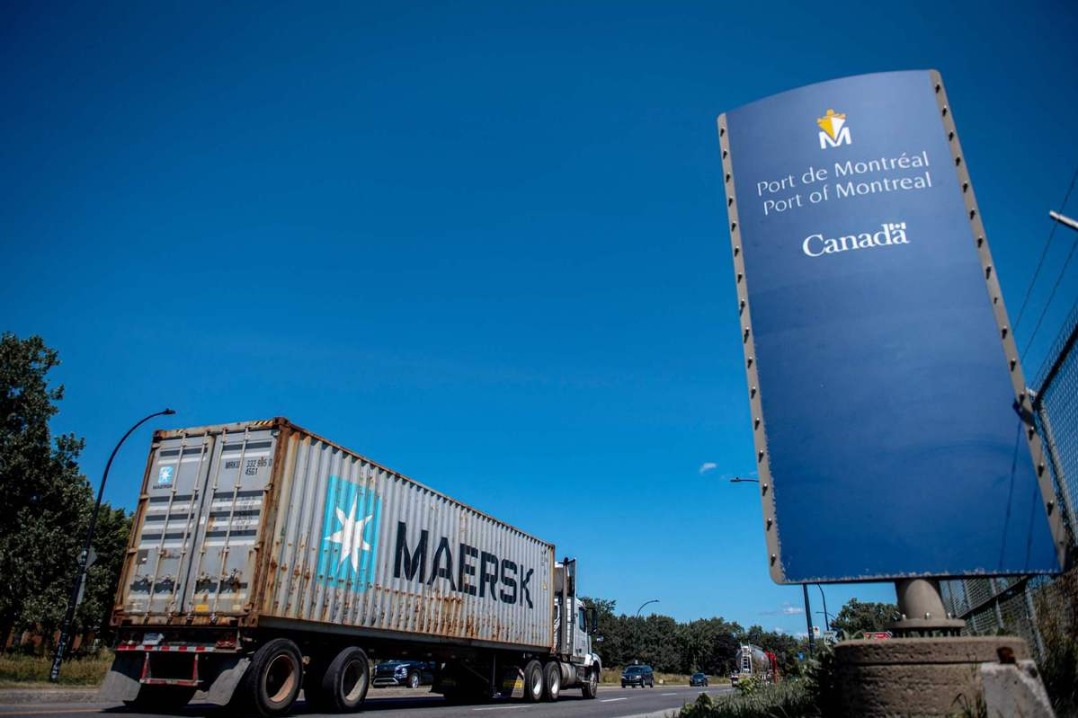US freight railroad workers poised for problematic strike

Unions representing about 57,000 workers who make up train crews at US freight railroads are poised to go on strike Friday if they can't secure certain quality-of-life provisions in their contracts.
The strike could potentially bring nearly a third of all US freight to a halt. It would be the first national rail strike in 30 years.
Such a shutdown could disrupt critical deliveries of food and fuel, create transportation chaos and stoke inflation, posing a body blow to the US economy.
US railroads account for almost 30 percent of cargo transport by weight and maintain about 97 percent of the tracks Amtrak uses for commuter rail.
White House aides are looking at how to ensure essential products carried by rail could reach their destinations in the event of a strike, The Washington Post reported.
Senior officials have looked at how highways, ports and waterways can be used, while also talking to top officials in the shipping, freight and logistics industries, the Post reported.
President Joe Biden was briefed on the situation Tuesday, after he called the carriers and unions on Monday to press them to accept a deal, a White House official said.
Meanwhile, roughly 15,000 Minnesota nurses began a three-day walkout Monday to protest stalled contract negotiations and concerns over staffing and retention, wages and patient care.
The strike, which is expected to continue through Wednesday, is believed to be the largest-ever strike of private-sector nurses in US history, according to the Minnesota Nurses Association. The union represents the nurses.
Nurses from 16 different hospitals and seven different hospital systems around the state joined the strike. The main sticking points are wage increases, retention, staffing and safety concerns, as well as addressing ongoing burnout, heightened by the COVID-19 pandemic.
The Minnesota Nurses Association said it has negotiated with hospital executives for more than five months, and its members have worked without contracts for the last several months.
The strike comes in the third year of the COVID-19 pandemic, which exacerbated a nationwide nursing shortage that often resulted in patients not receiving adequate care.
"I can't give my patients the care they deserve," said Chris Rubesch, the vice-president of the Minnesota Nurses Association and a nurse at Essentia Health in Duluth. "Call lights go unanswered. Patients should only be waiting for a few seconds or minutes if they've soiled themselves or their oxygen came unplugged or they need to go to the bathroom, but that can take 10 minutes or more. Those are things that can't wait."






























